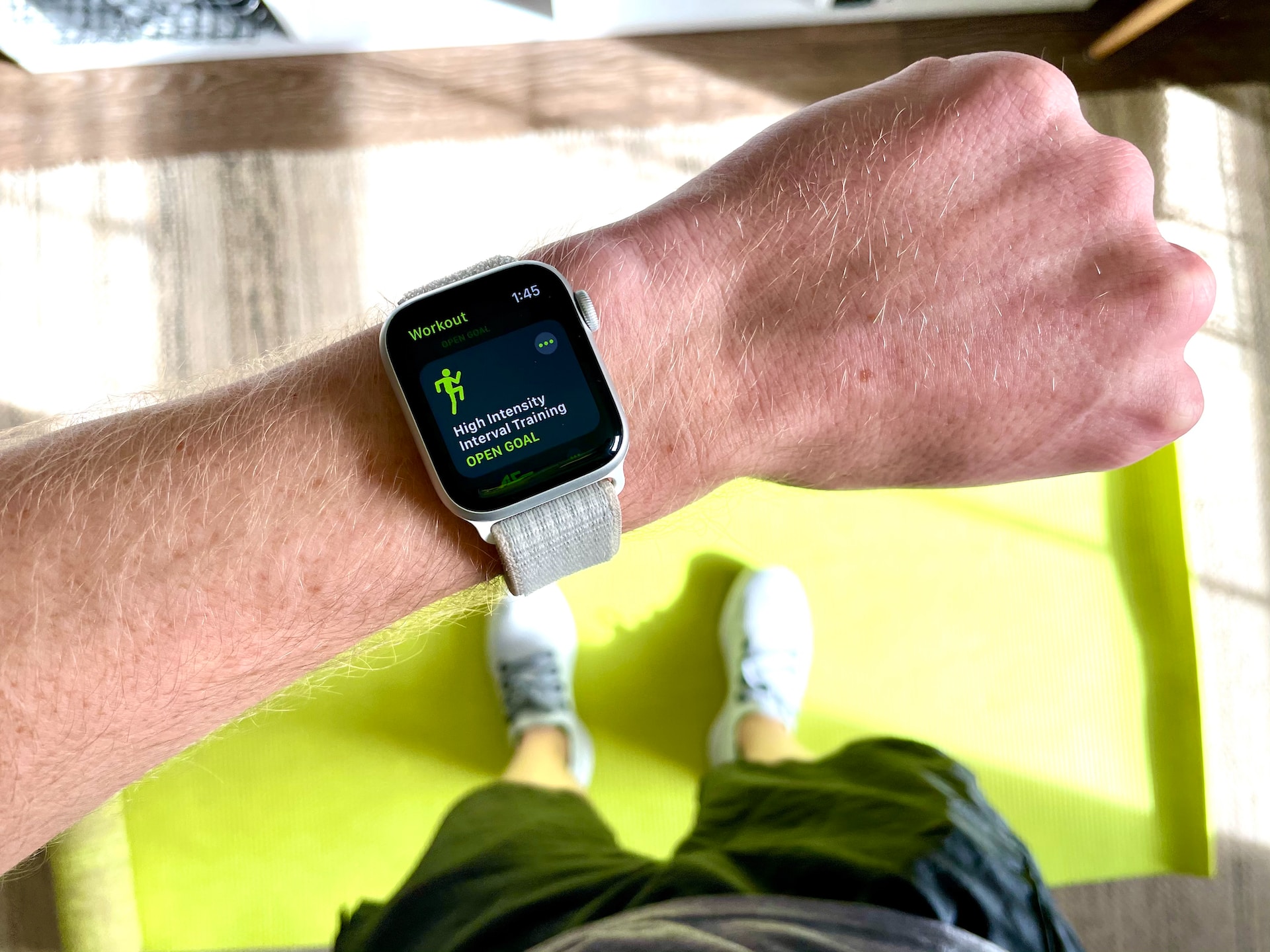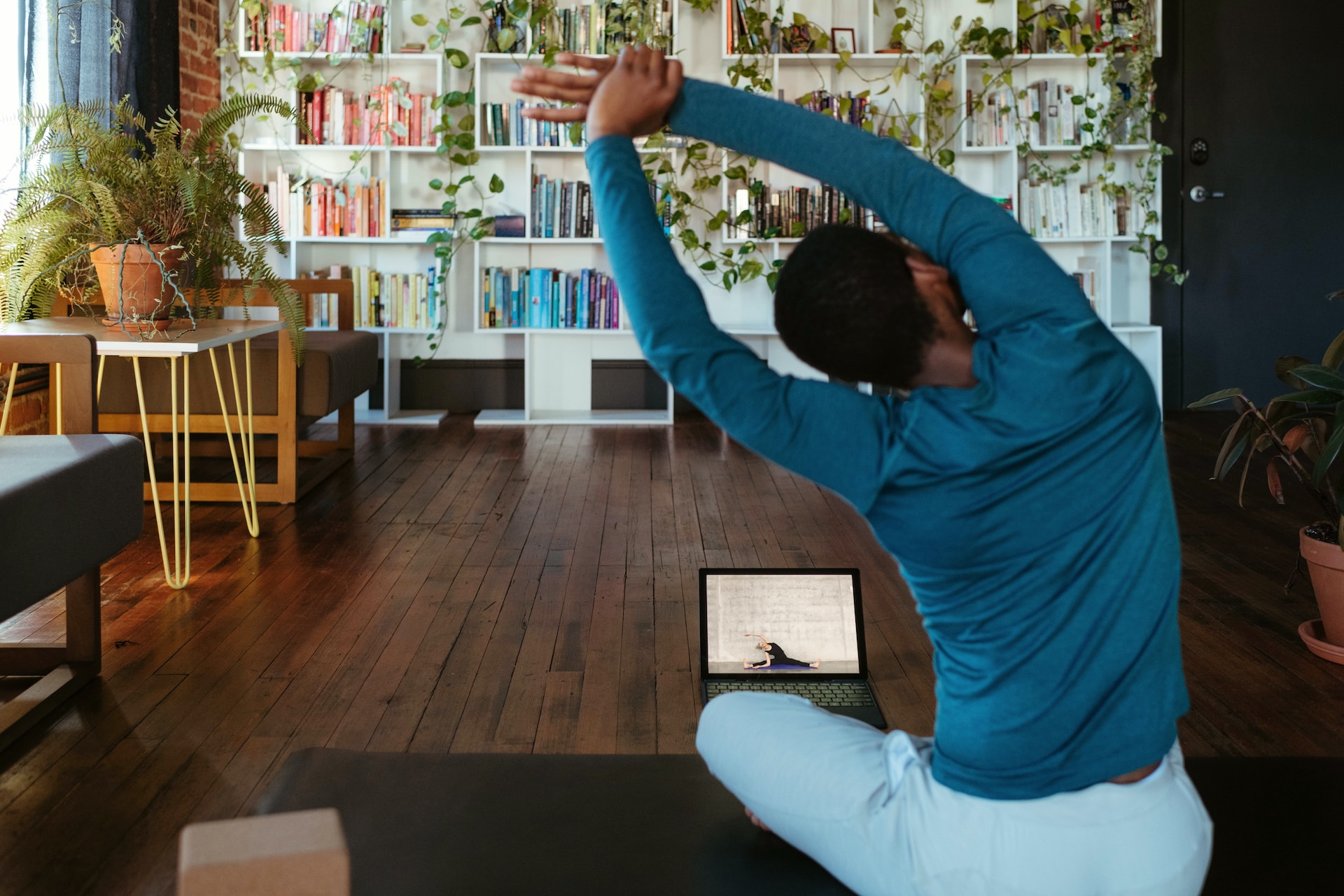
Fitness Technology Has Come A Long Way
One of the most exciting developments in fitness technology is the use of artificial intelligence (AI) and machine learning. These technologies can help create personalized workout plans based on an individual’s goals, fitness level, and other data points. AI-powered workout programs can also adapt to an individual’s progress and adjust the intensity and type of exercises accordingly.
Another trend in fitness technology is the integration of virtual and augmented reality. VR and AR can create immersive workout experiences that make exercising more fun and engaging. For example, VR can simulate a virtual outdoor run or provide a virtual personal trainer that guides you through a workout. AR can overlay digital information on top of the real world, such as providing instructions for exercises during a workout.
Wearable fitness technology has become ubiquitous in recent years, and this trend is set to continue. Fitness trackers, smartwatches, and other wearables can track various metrics such as heart rate, steps taken, calories burned, and sleep quality. As these devices become more sophisticated, they can provide more accurate data and insights into an individual’s health and fitness.

Makes Your Life Easier
Smart home gym equipment is also becoming more popular. Connected equipment such as Peloton bikes, Mirror, and Tonal provide interactive workout experiences and personalized coaching. These devices can also track progress and provide feedback, making it easier for individuals to stay on track with their fitness goals.
Finally, the rise of virtual fitness classes has made it easier than ever for individuals to access high-quality workouts from anywhere. Online platforms such as Peloton Digital, FitOn, and Nike Training Club provide on-demand classes taught by top instructors. These platforms also offer a sense of community and accountability, making it easier for individuals to stick to their fitness routine.
In conclusion, the future of fitness technology is exciting and holds great potential for improving the way we exercise and stay healthy. AI and machine learning, virtual and augmented reality, wearable technology, smart home gym equipment, and virtual fitness classes are just a few of the trends that are shaping the industry. As these technologies continue to evolve, we can expect to see more personalized, engaging, and effective workout experiences that help us achieve our health and fitness goals.

It Will Only Continue To Evolve








